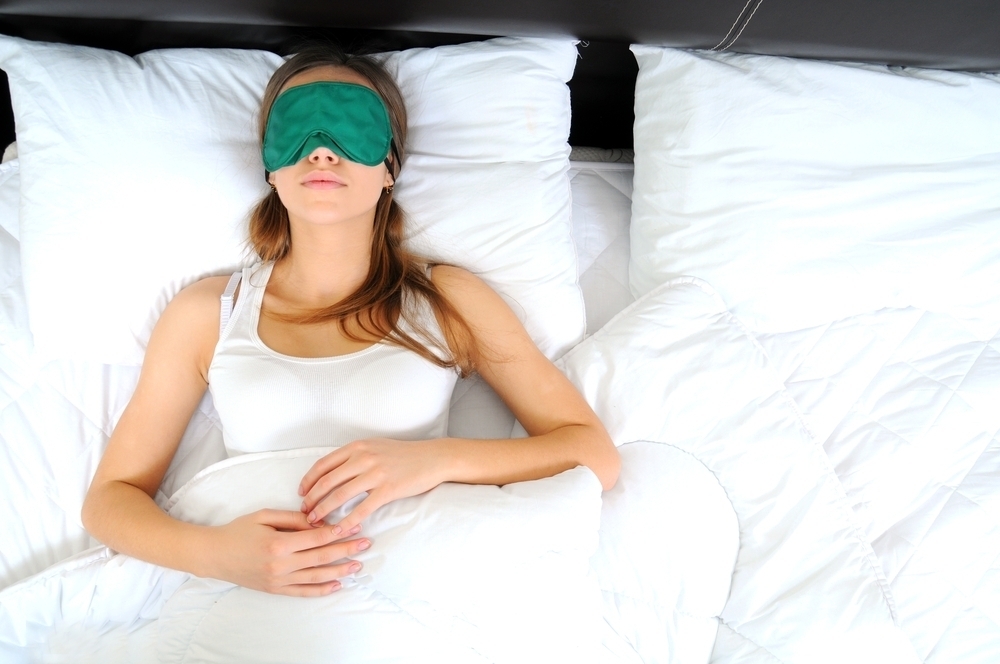
Resveralife Live Well: How to Prevent Sleep Wrinkles
We all know that getting our beauty sleep is important. The amount of restful sleep that we get not only impacts how our faces, particularly those pesky under eyes, look and feel the next morning, but good sleep patterns improve mental clarity, increase energy levels and help maintain overall health. Though sometimes when we sleep, which is a good thing for our bodies, our faces and necks are negatively impacted. Sleep wrinkles are totally unfair and, fortunately, preventable. Learn how you can help prevent sleep wrinkles using our super easy tips.

How you Sleep Matters
Experts agree that the most beneficial sleeping position for preventing wrinkles is your back. Sleeping on your back is really the only way to completely avoid sleep lines and the resulting wrinkles because when you sleep on your back there is no facial contact with your pillow. On average, you will change your position 20 times during the course of a night’s sleep and statistics indicate that 60% of your night is spent on your side. Sleeping on your back may be uncomfortable at first, but making an attempt to sleep on your back is a great method for reducing sleeping wrinkles. Doctors do warn that sleeping on your back may aggravate certain medical conditions like acid reflux or sleep apnea and in these instances it’s best to talk to your doctor to find out how to avoid wrinkles and sleep soundly.

What you Sleep on Matters
Beauty experts have long touted the multiple benefits of using a satin pillow case for sleep. These benefits include less tangled and healthier hair and clearer skin. Now you can add that a pillow case can be helpful in the fight against wrinkles. When you use a satin pillow case, there is less friction between your face and the pillow, which helps stop the fabric from bunching up when you inevitably move around during the night. The less the fabric bunches up, the more likely you are to help prevent sleep wrinkles.

Prep Your Skin
You know you should remove any and all makeup prior to hitting the sheets, but you may think you can get away with skipping washing your face if you aren’t wearing makeup. Not true. Experts recommend always going to bed with a clean face. While everyone can benefit from this next step, it is especially important for mature or aging skin. A night cream can help prevent sleep wrinkles by rejuvenating your skin and helping to repair skin damage. The reason that this is particularly important for aging skin is that as we age our collagen production slows down, which decreases the skin’s elasticity. Additionally, the older we get the less natural oil our skin produces and dry skin exaggerates wrinkles.
In addition to these tips, experts also recommend avoiding caffeine or alcohol before bed. Both of these substances dry out the skin and make your wrinkles appear more prominent after a night of sleep. We all know that there is no way to keep our skin from aging, but with a bit of extra care we can help delay the signs and severity of aging, such as sleep wrinkles.



